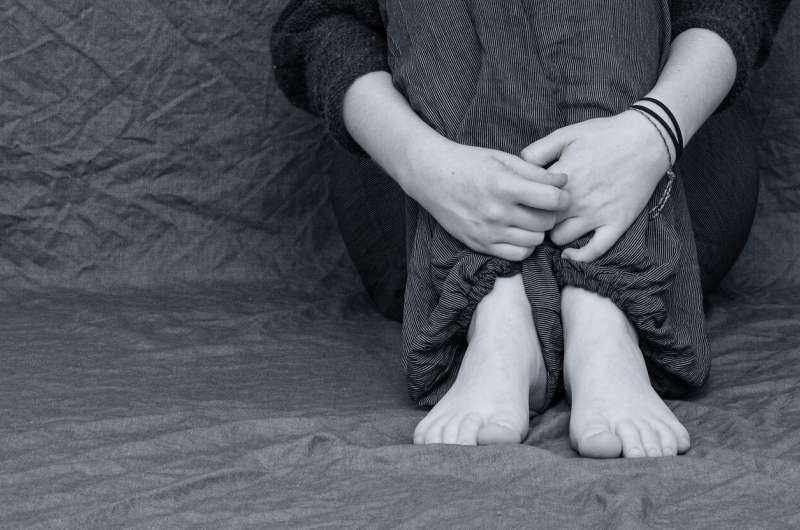#Teens more likely to disengage from school after police stops

Table of Contents
“Teens more likely to disengage from school after police stops”

Teens who are stopped by the police are more likely to report greater disengagement from school the next day, and racial and ethnic minority youth reported more invasive police encounters than white youth, according to research published by the American Psychological Association.
In the study, 387 adolescents aged 13 to 17 (50% white, 32% Black and 18% other ethnic-racial minority) completed daily online diary entries over 35 days. The youth were students in five public school districts in Pittsburgh where district leaders were concerned about racially disparate juvenile justice court referrals. Half of the participants attended schools where low-income students were in the majority.
The researchers analyzed more than 13,000 diary entries. Youth who reported being stopped by the police were more likely to report disengagement from school the next day (skipping all or some classes, not staying focused, etc.). Students who were stopped also were more likely to report psychological distress, including anxiety, anger and depression. The research was published online in Developmental Psychology.
In just over a month, 9% of the youth (34 students) were stopped by police—including school-assigned police officers—which is a “shockingly high” number for such a short period, said lead researcher Juan Del Toro, Ph.D., a research associate at the University of Pittsburgh. The rate of police stops didn’t vary significantly across racial or ethnic groups, but Black and other ethnic-racial minority students reported more intrusive interactions when they were frisked by police.
“Police officers use their own discretion to decide which people to stop and frisk in their aim to reduce crime,” Del Toro said. “However, many of these practices result in racial disparities in policing and stop-and-frisks.”
Students who reported disengagement from school were no more likely to be stopped by the police the next day, “which helps refute common stereotypes that only ‘bad kids’ are stopped by the police,” Del Toro said.
Youth who reported psychological distress from police stops were more likely to disengage from school the following day. The cumulative negative effects of police stops could have long-term consequences for youth, including lower grades, lower standardized test scores and a lower likelihood of college admission, Del Toro said.
Prior research has found that youth of color are perceived as less innocent and more like adult criminals than their white peers, and aggressive policing has been linked to reduced test scores and school attendance for Black boys. In New York City, Black and Latino males between the ages of 14 and 24 account for only 5% of the city’s population, but represented 38% of the reported police stops in recent years, according to a 2019 New York Civil Liberties Union report. Black and Latino people also were more likely to be frisked and to experience force from New York City police than white people.
Police officers should receive more training on how to interact with children and teens in a less confrontational manner, Del Toro said. There also should be increased funding for community efforts to help local youth feel more autonomous and competent at school and in their daily lives.
Police stops unintentionally increase criminal behavior in black and Latino youths
The Policing Paradox: Police Stops Predict Youth’s School Disengagement via Elevated Psychological Distress, Developmental Psychology (2022).
Citation:
Teens more likely to disengage from school after police stops (2022, April 4)
retrieved 4 April 2022
from https://phys.org/news/2022-04-teens-disengage-school-police.html
This document is subject to copyright. Apart from any fair dealing for the purpose of private study or research, no
part may be reproduced without the written permission. The content is provided for information purposes only.
If you liked the article, do not forget to share it with your friends. Follow us on Google News too, click on the star and choose us from your favorites.
For forums sites go to Forum.BuradaBiliyorum.Com
If you want to read more Like this articles, you can visit our Science category.


